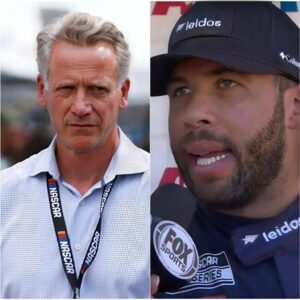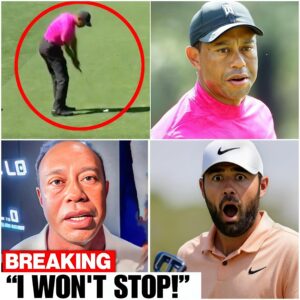In a surprising turn of events, billionaire entrepreneur Elon Musk and Senator J.D. Vance have joined forces to file legal proceedings against television host Whoopi Goldberg, citing what they describe as “offensive remarks” made during a recent TV show. The lawsuit, which has sent shockwaves through the entertainment and political spheres, stems from comments Goldberg allegedly made that both Musk and Vance said were defaming and damaging to their reputations. While the exact nature of the remarks has not been fully disclosed, sources familiar with the matter suggest they were pointed, personal and inflammatory, prompting the high-profile duo to take swift action.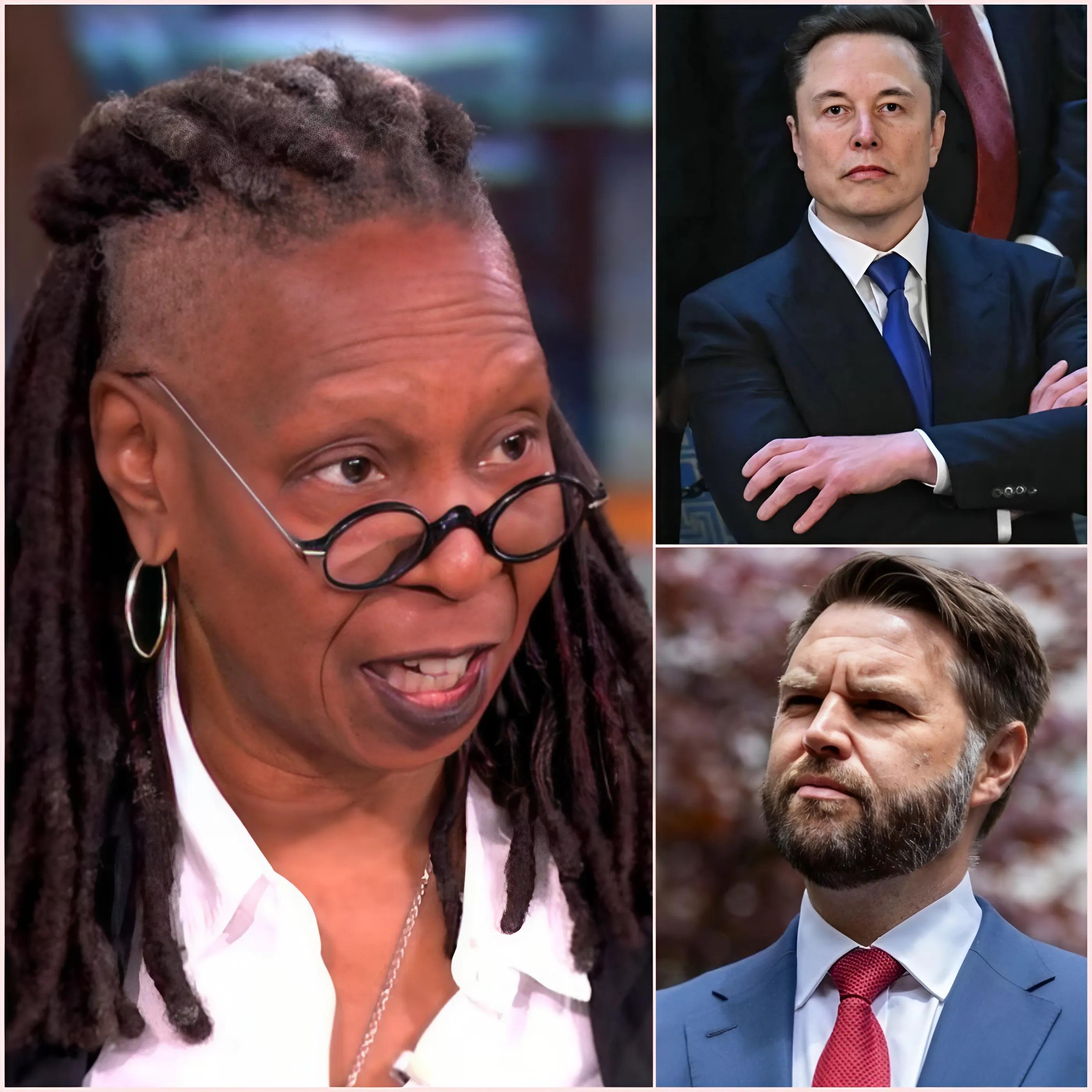
The controversy began during a heated segment on the show, in which Goldberg, known for his outspoken opinions, broached topics related to Musk’s businesses and Vance’s political positions. Insiders said his comment crossed a line, targeting the personal and professional integrity of both men in a way they deemed unacceptable. Musk, the CEO of Tesla and SpaceX, and Vance, a prominent Republican figure and author of Hillbilly Elegy, responded quickly, with their legal teams filing a joint complaint in federal court. The lawsuit accuses Goldberg of defamation, alleging that his statements were not only false but also made with malicious intent to damage their public image.
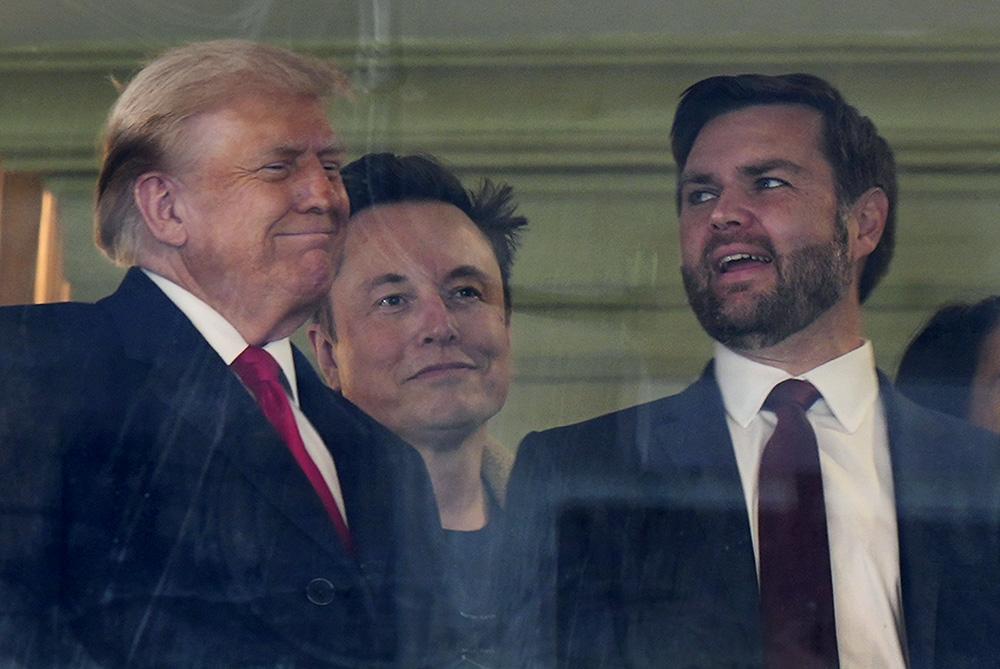
This legal battle is particularly noteworthy given the stark differences in the plaintiffs’ backgrounds. Musk, a tech mogul with global influence, has often found himself at the center of controversy, whether in relation to his business decisions or his vocal presence on social media platforms like X. Vance, on the other hand, has risen to prominence through his political career and his advocacy for working-class communities, often aligning with conservative values. Their decision to join together in this lawsuit underscores the gravity of the alleged crime, as well as their shared determination to hold Goldberg accountable.
The response from Goldberg and her representatives has so far been relatively muted. In a brief statement, Goldberg’s team acknowledged the lawsuit but declined to comment on specifics, saying they are reviewing the claims and will respond appropriately in court. Meanwhile, fans and critics of the viewpoint have taken to social media to voice their opinions, with some defending Goldberg’s right to freedom of speech and others arguing that her remarks went too far. The polarized reactions highlight the broader cultural divide that often surrounds high-profile figures like Musk and Vance, as well as the ongoing debate about the boundaries of public discourse.
Legal experts suggest the case could set a significant precedent, particularly in the realm of defamation law. For Musk and Vance to succeed, they will have to prove that Goldberg’s statements were not only false but also made with reckless disregard for the truth. Additionally, as public figures, they face a higher bar in proving that the remarks caused tangible harm to their reputations or livelihoods. The involvement of two such individuals adds another layer of complexity, as the court will likely consider the broader implications of their public personas and the platforms they command.
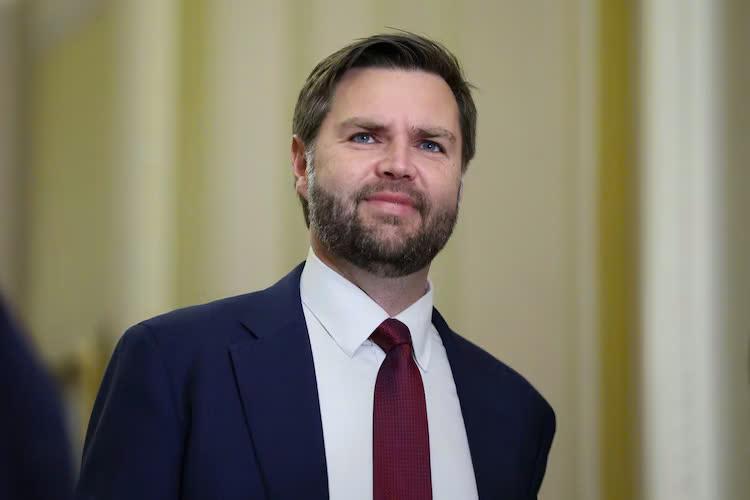
The timing of the lawsuit is also raising eyebrows. Musk has been increasingly vocal on issues of free speech and media accountability, often using his platform to challenge what he perceives as biased or irresponsible reporting. Vance, meanwhile, is navigating a political landscape where public perception is key, particularly as he continues to position himself as a leading voice in the Republican Party. Some speculate that the lawsuit may be as much about sending a message to the media as it is about addressing Goldberg’s specific comments.
As the case progresses, it is likely to attract significant attention, not only for its high-profile participants but also for the broader questions it raises about free speech, accountability, and the power of public platforms. For now, Musk and Vance appear resolute in their pursuit of justice, while Goldberg and his team prepare for what could be a contentious legal battle. The outcome of this case could have far-reaching implications, not only for the individuals involved, but for how public data navigates the increasingly dire intersection of media, politics, and personal reputation.
